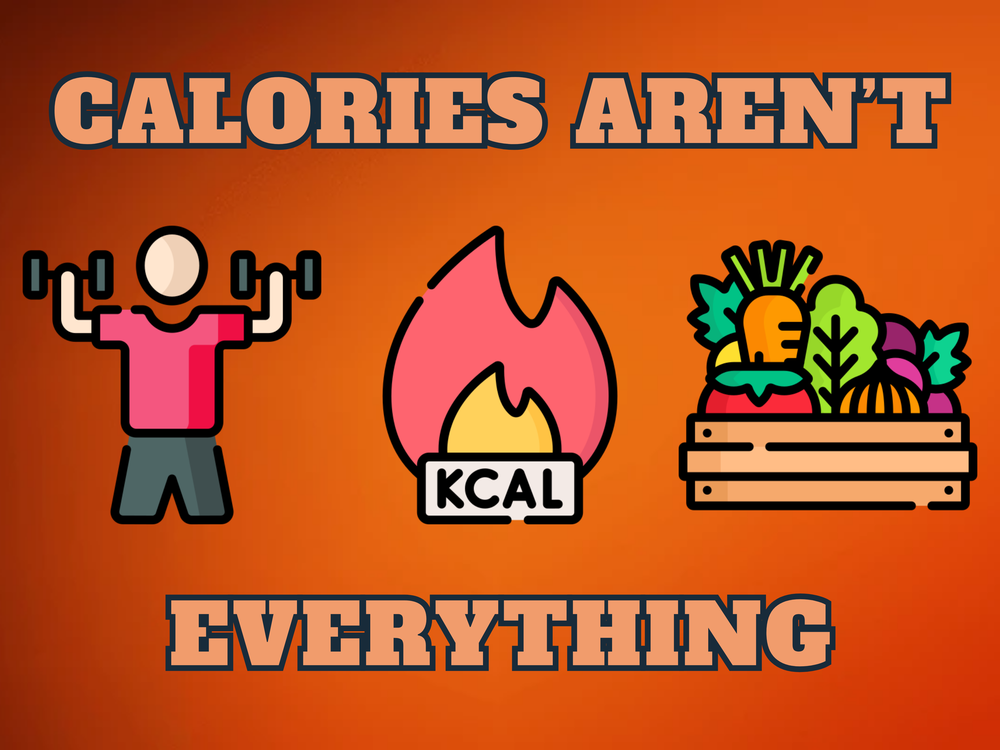
Introduction
When most people think about eating healthy, they typically just think this means lower calories. Maybe they dig a little deeper into lower carb or lower fat, but most people think that less calories is a good thing all the time.
.png)
The fact of the matter is that health and nutrition go so much further beyond calories. Below are two simple facts about calories and health:

What is a Calorie?
The best place to start would probably be to define what a calorie actually is. A calorie (cal) is a unit of energy. 1 calorie is defined as the energy it takes to raise the temperature of 1 gram of water by 1 degree Celsius.

What we commonly refer to as a "calorie" is actually a kilocalorie (kcal), or 1,000 calories. For the purposes of this post and your every day life, assume that when you hear the term "calories", what's actually being discussed are kilocalories.
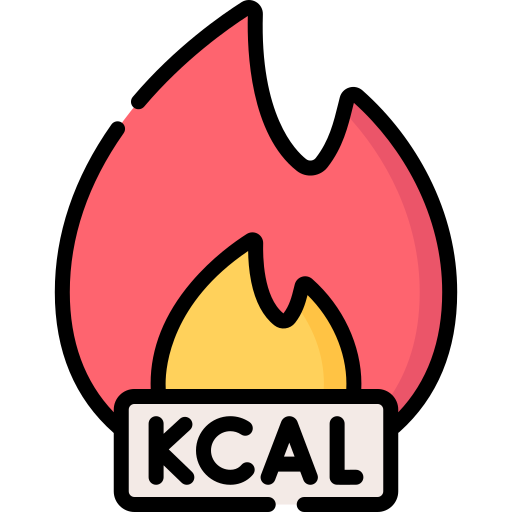
In a bomb calorimeter, all calories are functionally the same. It doesn't matter whether it comes from broccoli or a soda, all calories will do the same, regardless of the source. Unfortunately, that's not how our bodies function.

Calories In, Calories Out
For years, we've be told that it's all about calories. "Calories in, calories out" is the old mantra, also abbreviated as CICO. Just count your calories and all will be okay. Eat less and move more, am I right?

To be clear, it is true that you will lose weight in a caloric deficit and you will gain weight in a caloric surplus. I'm not disputing the first law of thermodynamics here. Any energy taken in must be used or stored. So either you burn the energy (calories) you consume, or you store them (as fat).

If you starved yourself and didn't eat anything for a week, you would certainly lose weight. But no one in their right mind would think this extreme crash diet is healthy. This is obviously exaggerated, but my point is that calories should not be your sole focus at meal time.
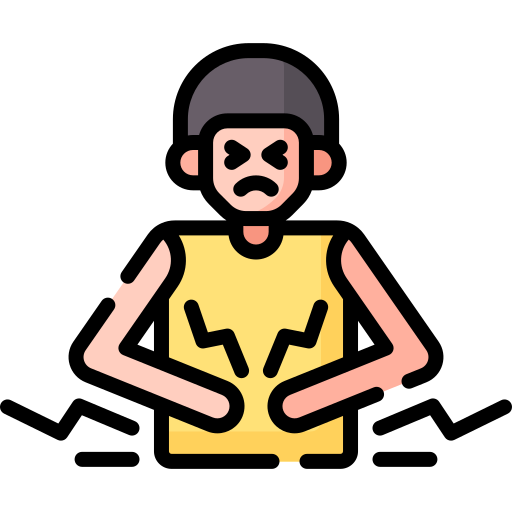
Calories In: More Complicated Than It Looks
Calorie intake should be pretty straight forward, right? Just look at the number on the label, and add it to your tracker. Simple enough. Not so fast. In order to accurately count your calories, you essentially need to be consuming one of the following two diets:

The simplest way to count your calories would be to only eat foods in boxes and bags with barcodes. Obviously, this would be a terrible idea. Don't eat an ultra processed diet just because you can count a number.
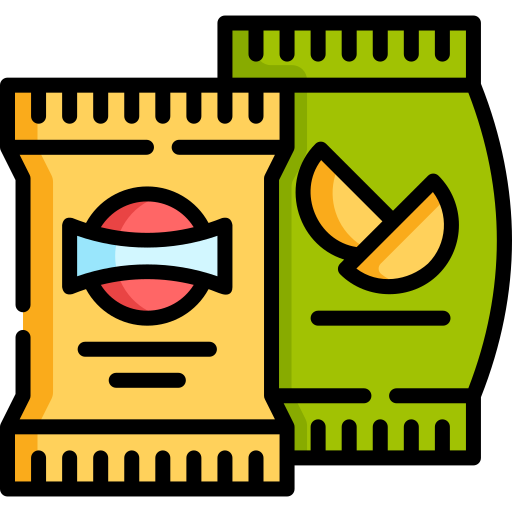
But on the other hand, if you choose to cook yourself (you should), then you need to accurately measure out everything you do in the kitchen, and document the meals. If you use my website (shameless plug) and only eat foods from there, then yes you could get an accurate caloric intake.

And you have to document everything you eat. And by everything, I mean everything. The M&Ms on the counter, spoonfuls of peanut butter, and bites off your significant other's plate must be accounted for as well.

And all this is totally disregarding the fact that a calorie is, in fact, not a calorie. Not all calories are created equal. What I'm referring to here is a concept that's know as the Thermic Effect of Food (TEF). In case you've forgotten, here are the calories per gram of the 3 main macronutrients:
.png)
The TEF is essentially a measure of how much energy it takes for your body to break down food. What this means is that 100 calories isn't always 100 calories.

Your body requires energy (calories) to break down food for your cells to use or store. Each macro nutrient takes a different amount of energy to break down:
.png)
What this means is that if you consume 100 calories of protein, your net caloric intake is actually only about 70 calories. For carbs, this would be about 90 calories, and for fat about 97 calories.

There's a reason why protein is called the most satiating macro nutrient. Protein requires the most energy for your body to break down, making it great for weight maintenance and controlling hunger, as you end up with a lower net amount of calories.

Finally, we have fiber. Fiber, although considered a carbohydrate, does not contribute any calories, as our bodies do not use it for energy. Instead, fiber simply passes through us, and moreso serves as bulk to make us feel full.

Fiber is not food for us. Instead, it's food for our gut. The good bugs we have in out gut microbiomes feed off fiber, something severely lacking in the Standard American Diet (SAD).
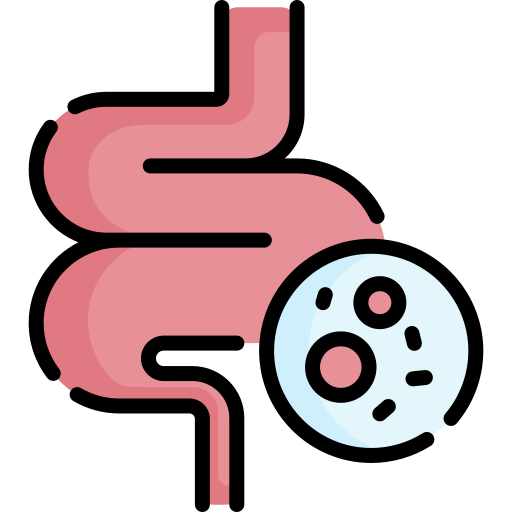
Do you like almonds? Of course you do. Due to high fiber content of these nuts, it's estimated that almonds actually have about 20% fewer calories than what you see on the nutrition label. This means that a 1 oz (28 g) serving of almonds doesn't have 164 calories; it's more like 131. Not every calorie that you consume ends up actually being absorbed.

Calories Out: Also More Complex
I don't know about you, but I don't believe that my Garmin is accurately measuring my caloric output every day. After all, any sort of calorie burning calculation is highly susceptible to error and estimation.
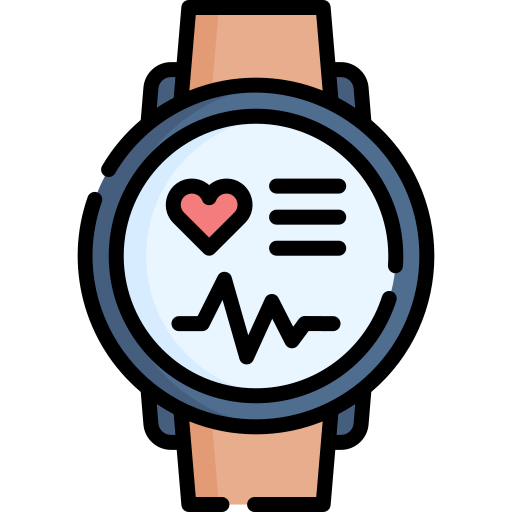
Just like with calories in, calories out is not such a simple concept. If person A is obese and person B is a normal weight, more calories will be burned by A than B when performing the exact same exercise.

Time of day also plays an impact. Our bodies tend to burn more calories in the morning as opposed to later in the day. Plus, we all have a different Basal Metabolic Rate, or BMR, which is dependent on our height, weight, sex, activity level, and even sleep.

Additionally, doing little bouts of exercise throughout the day is shown to be more beneficial than cramming it all in at once. This concept is known as "exercise snacking". By breaking up your day with little bits of exercise, you end up burning more calories throughout the day, as well as lowering blood sugar, reducing joint stiffness, and improving flexibility.
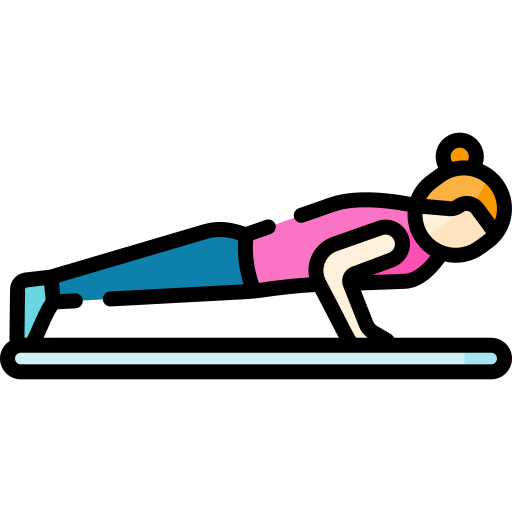
How can you incorporate exercise snacking into your day? Firstly turn your Garmin or Apple Watch move reminders on. If it seems annoying, then that means it's working. When it buzzes, take a few paces around, do some squats, or do some pushups. I like to leave a pull up bar in my doorway, and do a few every time I pass through.
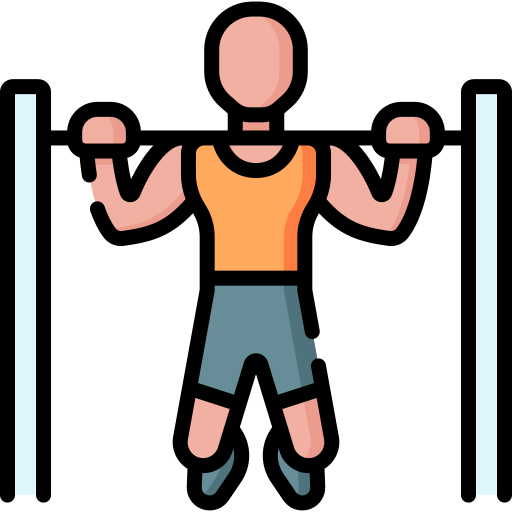
So What Do I Do Then?
This doesn't mean that calories aren't important. After all, weight is an important biomarker for many chronic conditions, and I'm assuming that we all want to look our bests.

Focus on eating a nutrient dense whole foods diet first and foremost. Sure, you could get fat eating too many nuts, avocados, and chicken breast, but these foods are harder to binge on, since they're filled with protein, fat, fiber, and/or water. Real food is harder to overeat when compared to the fake "food" we consume day in and day out.

Sources
When most people think about eating healthy, they typically just think this means lower calories. Maybe they dig a little deeper into lower carb or lower fat, but most people think that less calories is a good thing all the time.
.png)
The fact of the matter is that health and nutrition go so much further beyond calories. Below are two simple facts about calories and health:
- Calories are the single most important thing when it comes to weight.
- Weight is far from the most important aspect of your overall health.

What is a Calorie?
The best place to start would probably be to define what a calorie actually is. A calorie (cal) is a unit of energy. 1 calorie is defined as the energy it takes to raise the temperature of 1 gram of water by 1 degree Celsius.

What we commonly refer to as a "calorie" is actually a kilocalorie (kcal), or 1,000 calories. For the purposes of this post and your every day life, assume that when you hear the term "calories", what's actually being discussed are kilocalories.

In a bomb calorimeter, all calories are functionally the same. It doesn't matter whether it comes from broccoli or a soda, all calories will do the same, regardless of the source. Unfortunately, that's not how our bodies function.

Calories In, Calories Out
For years, we've be told that it's all about calories. "Calories in, calories out" is the old mantra, also abbreviated as CICO. Just count your calories and all will be okay. Eat less and move more, am I right?

To be clear, it is true that you will lose weight in a caloric deficit and you will gain weight in a caloric surplus. I'm not disputing the first law of thermodynamics here. Any energy taken in must be used or stored. So either you burn the energy (calories) you consume, or you store them (as fat).

If you starved yourself and didn't eat anything for a week, you would certainly lose weight. But no one in their right mind would think this extreme crash diet is healthy. This is obviously exaggerated, but my point is that calories should not be your sole focus at meal time.

Calories In: More Complicated Than It Looks
Calorie intake should be pretty straight forward, right? Just look at the number on the label, and add it to your tracker. Simple enough. Not so fast. In order to accurately count your calories, you essentially need to be consuming one of the following two diets:
- Highly processed, but everything food has a nutrition facts label you can account for.
- Minimally processed, but meticulously document recipes and food eaten to get an accurate count.

The simplest way to count your calories would be to only eat foods in boxes and bags with barcodes. Obviously, this would be a terrible idea. Don't eat an ultra processed diet just because you can count a number.

But on the other hand, if you choose to cook yourself (you should), then you need to accurately measure out everything you do in the kitchen, and document the meals. If you use my website (shameless plug) and only eat foods from there, then yes you could get an accurate caloric intake.

And you have to document everything you eat. And by everything, I mean everything. The M&Ms on the counter, spoonfuls of peanut butter, and bites off your significant other's plate must be accounted for as well.

And all this is totally disregarding the fact that a calorie is, in fact, not a calorie. Not all calories are created equal. What I'm referring to here is a concept that's know as the Thermic Effect of Food (TEF). In case you've forgotten, here are the calories per gram of the 3 main macronutrients:
- 1 g of protein = 4 calories
- 1 g of carbs = 4 calories
- 1 g of fat = 9 calories
.png)
The TEF is essentially a measure of how much energy it takes for your body to break down food. What this means is that 100 calories isn't always 100 calories.

Your body requires energy (calories) to break down food for your cells to use or store. Each macro nutrient takes a different amount of energy to break down:
- Protein: 25-30%
- Carbs: 7-10%
- Fat: 3%
.png)
What this means is that if you consume 100 calories of protein, your net caloric intake is actually only about 70 calories. For carbs, this would be about 90 calories, and for fat about 97 calories.

There's a reason why protein is called the most satiating macro nutrient. Protein requires the most energy for your body to break down, making it great for weight maintenance and controlling hunger, as you end up with a lower net amount of calories.

Finally, we have fiber. Fiber, although considered a carbohydrate, does not contribute any calories, as our bodies do not use it for energy. Instead, fiber simply passes through us, and moreso serves as bulk to make us feel full.

Fiber is not food for us. Instead, it's food for our gut. The good bugs we have in out gut microbiomes feed off fiber, something severely lacking in the Standard American Diet (SAD).

Do you like almonds? Of course you do. Due to high fiber content of these nuts, it's estimated that almonds actually have about 20% fewer calories than what you see on the nutrition label. This means that a 1 oz (28 g) serving of almonds doesn't have 164 calories; it's more like 131. Not every calorie that you consume ends up actually being absorbed.

Calories Out: Also More Complex
I don't know about you, but I don't believe that my Garmin is accurately measuring my caloric output every day. After all, any sort of calorie burning calculation is highly susceptible to error and estimation.

Just like with calories in, calories out is not such a simple concept. If person A is obese and person B is a normal weight, more calories will be burned by A than B when performing the exact same exercise.

Time of day also plays an impact. Our bodies tend to burn more calories in the morning as opposed to later in the day. Plus, we all have a different Basal Metabolic Rate, or BMR, which is dependent on our height, weight, sex, activity level, and even sleep.

Additionally, doing little bouts of exercise throughout the day is shown to be more beneficial than cramming it all in at once. This concept is known as "exercise snacking". By breaking up your day with little bits of exercise, you end up burning more calories throughout the day, as well as lowering blood sugar, reducing joint stiffness, and improving flexibility.

How can you incorporate exercise snacking into your day? Firstly turn your Garmin or Apple Watch move reminders on. If it seems annoying, then that means it's working. When it buzzes, take a few paces around, do some squats, or do some pushups. I like to leave a pull up bar in my doorway, and do a few every time I pass through.

So What Do I Do Then?
This doesn't mean that calories aren't important. After all, weight is an important biomarker for many chronic conditions, and I'm assuming that we all want to look our bests.

Focus on eating a nutrient dense whole foods diet first and foremost. Sure, you could get fat eating too many nuts, avocados, and chicken breast, but these foods are harder to binge on, since they're filled with protein, fat, fiber, and/or water. Real food is harder to overeat when compared to the fake "food" we consume day in and day out.

Sources